74 Interview: 3 Generations, One Navajo Family’s Indian Boarding School Legacy
Indian boarding schools stripped her grandparents of their Native ways of living. Now endawnis Spears is reclaiming those cultures for her children
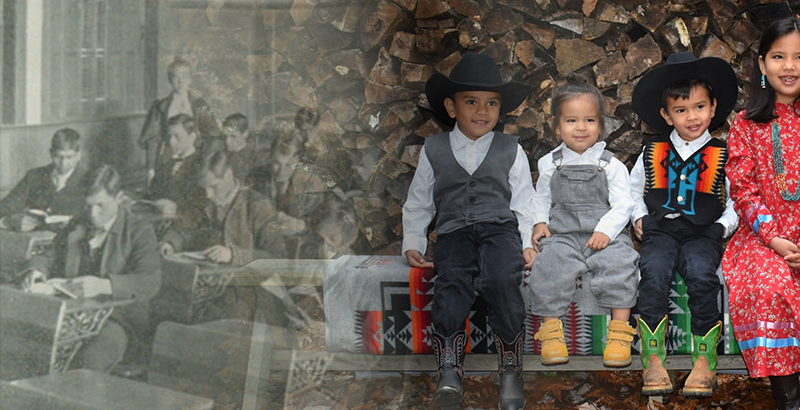
Get stories like these delivered straight to your inbox. Sign up for The 74 Newsletter
It was 8:45 p.m. and endawnis Spears had just gotten back from her daughter’s softball game. The whole family had gone to cheer on the young athlete, though Spears said her three boys spent most of the time begging for snacks from the concession stand and wandering the woods next to the field.
As the Navajo mother, who serves as Brown University’s Tribal Community Member in Residence, sat down for a phone conversation with The 74, her husband was in the other room helping one of their sons remove a tick that had bitten him while he explored the forest.
The tone quickly shifted from laughs about Little League to somber recollection. Spears was speaking about three of her grandparents’ experiences with the federal Indian boarding school system and how her family has grappled with those impacts in the generations since.
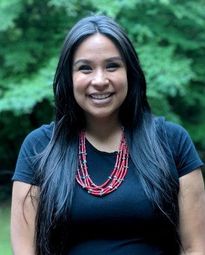
For 150 years, up until the late 1960s, the U.S. government stole Indigenous youth from their communities, often without parents’ consent, and sent them to Indian boarding schools where they were forced to use English names, wear Americanized haircuts and perform military drills. Many children suffered physical and sexual abuse and an unknown number died, many from overcrowding and unsafe living conditions
On Wednesday, the U.S. Department of the Interior released a first-of-its-kind report looking into those schools, representing the first time the federal government has attempted a systematic accounting of the facts and consequences of the brutal system it perpetuated.
Here’s what that dark history, and the current effort to reckon with it, has meant for one family.
This conversation has been lightly edited for clarity and length.
The 74: Can you tell me about where your grandparents grew up and your family’s experience with the boarding school system?
endawnis Spears: Sure. So my mother’s parents are both Navajo and they were both born and raised on the Navajo reservation in Arizona.
My maternal grandmother, Beatrice Tsinajinnie, grew up around Leupp, Arizona. On the reservation at the time, they had [Bureau of Indian Affairs] truancy officers whose job it was to go out and take children. If a parent did not surrender their children, they could face going to jail. So Beatrice was taken from her home to the Albuquerque Indian School when she was about 6 years old.
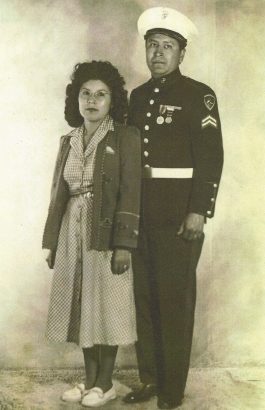
My mother’s father, he was living with his grandmother and she would hide him from the truancy officer. She was able to successfully hide him until he was, we estimate, about 14 years old. My mom told me that up until he went to boarding school, he had a more traditional Navajo appearance. He had long hair, his ears were pierced, he only spoke Navajo. And he attended boarding school at Fort Wingate, Arizona and he absolutely hated it.
My mom told me that he would try to run away. Fort Wingate is right on the Navajo reservation, so he would try to run away. He remembers vividly speaking Navajo because that’s the only language he knew how to speak and he was punished. He was placed in a basement at Fort Wingate and didn’t eat for days.
The interesting case about my maternal grandfather was that he eventually became a Navajo Code Talker. The very language he was starved for speaking later helped save this country.
What is a code talker?
Navajo Code Talkers is a regiment of Navajo language speakers who served in World War II. They were recruited on the Navajo reservation and used the Navajo language in code to transmit messages via radio on the Japanese front, the South Pacific. The Japanese were never able to figure out the code because it was a double code. It was both in the Navajo language and it was coded. Even if a Navajo person listened to the code itself, they wouldn’t understand what the message that was being transmitted was.
Navajo Code Talkers, they’re like our superheroes. They were Marines. They had to pass all of the same kind of tests that a Marine would and they helped save many, many American lives.
My grandfather is actually in some of the most famous images of Navajo Code Talkers out there. If you Google Navajo Code Talker, you’ll see a picture of my grandfather. His name was George Kirk.
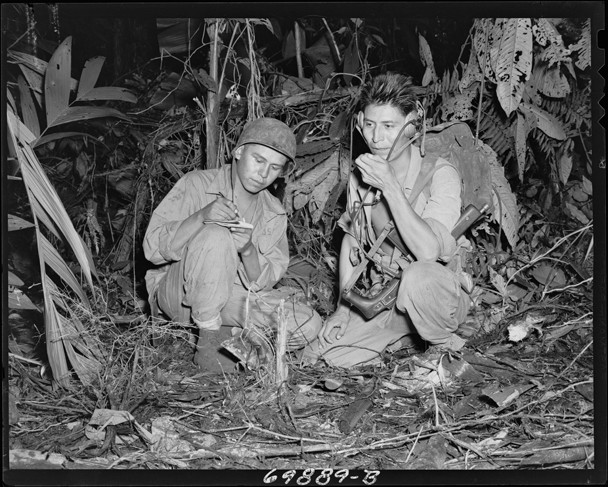
So that’s your mother’s side. Would you like to tell me about your father’s side?
So my paternal grandmother was born in Minnesota on the White Earth Ojibwe reservation. She was Ojibwe and she was taken from her home when she was between the ages of 8 and 9, we’re not really sure. And she was put on a train and she was sent across the country. She attended Haskell Institute in Lawrence, Kansas, which is one of the larger boarding schools in the country. She stayed there and graduated when she was 16. During that time, she never went back to White Earth.
You know, a girl who was 8 or 9 is the age of my daughter who was playing softball tonight. And she had some of the same experiences of praying to [the] Christian god and being forced to speak English.
For the rest of her life, she didn’t speak the Ojibwe language. When she was much older, however, when she was getting ready to pass on, she was living with my family in our home in Arizona. In the last two weeks of her life, she would have these bouts of dementia where she would go in and out of being lucid. And when she was in these states, she would be speaking Ojibwe. And I remember very clearly being so curious [as a young girl] because I had never heard this language before. I grew up around my Navajo side of the family and I knew what Navajo sounded like. But I didn’t know this language that my grandmother was speaking.
So I remember asking my parents what she was saying and they explained to me that she was getting ready to go home. She was speaking her home language. I always get choked up every time I say that, because it speaks to her language and culture as being home, and she was preparing to go back to that place.
I always feel this incredible connection [to my grandmother] because she named me. endawnis is an Ojibwe word and it means “my daughter.” As an adult reflecting back on her life, I choose to believe that her naming me was a subversive act because of her experience having her language taken from her in a violent manner. Naming her granddaughter endawnis meant that every time someone says my name, they’re speaking this language, this home language.
That’s why I don’t capitalize my name, it’s a pushback against the experience of the boarding school generation. We had no control over the very words that we used or the way we prayed or the way we were able to be in community with our family. So me not capitalizing my name is saying that I do have control over this. And I don’t have to abide by the rules of English grammar. These are the everyday subversives.
This entire generation experienced these things. These stories that I’m telling you, you could hear from hundreds of thousands of other people in this country. So many other Native people have the same stories and experiences and legacies.
I think this report coming out is so important because these histories are so intimate to us as Native people. We carry them in our DNA. … I’m glad that there are people asking these questions because our Native families carry these stories with them every day.
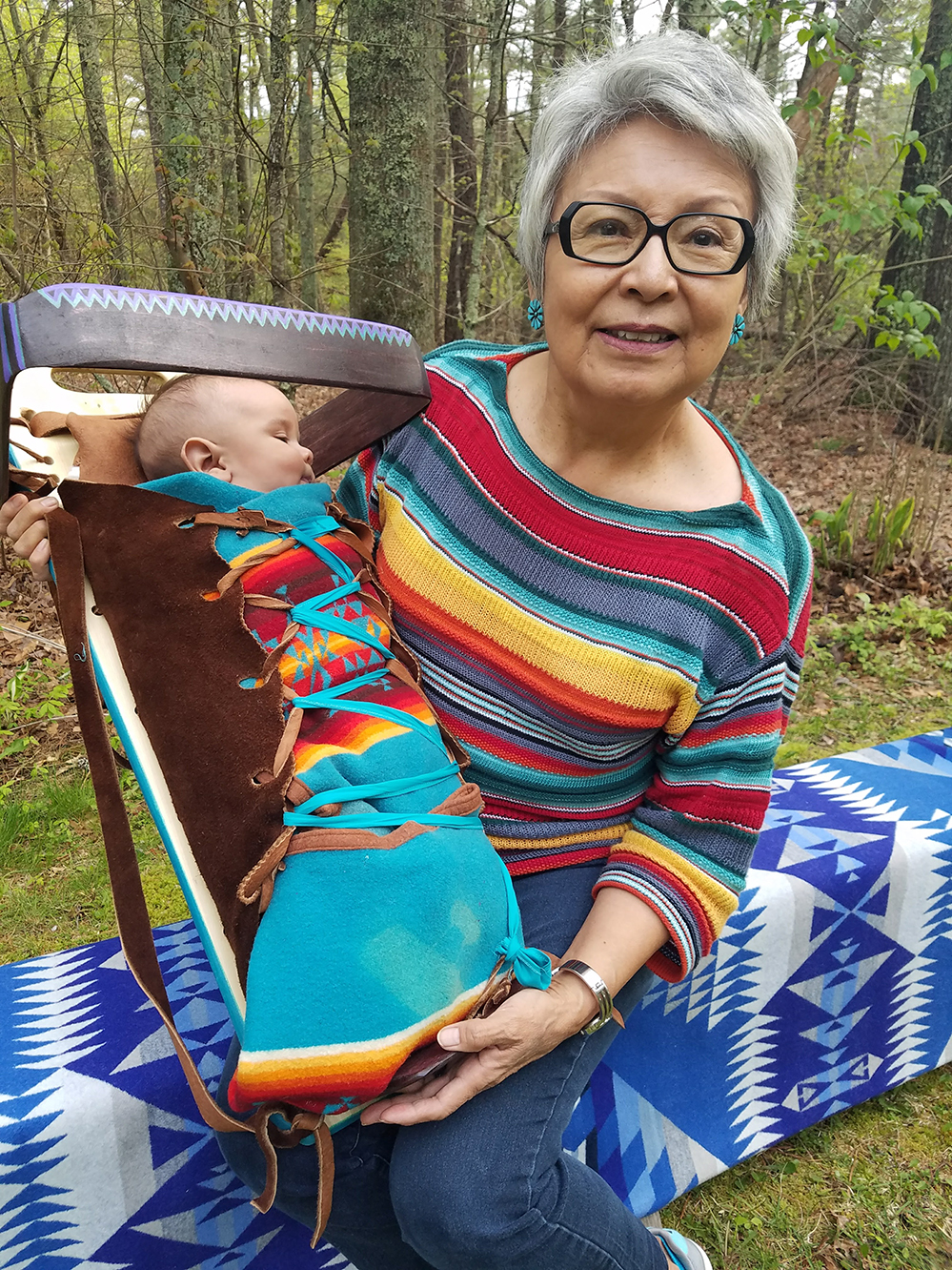
So how did your grandparents or or parents tell you these stories? How did you come to know of these pasts in your family?
My grandparents never talked with me about it. I was young when they passed away. And my parents never really talked about it with me as a child, either. I really only had these conversations with them when I was in college.
I can understand now as a parent myself some of the challenges of those conversations. There’s a protective factor there, I want to protect my children’s innocence and the way that they understand this country.
There’s a children’s book out right now called When We Were Alone and it’s about residential schools in Canada. I bought it to read with my children when they got a little bit older. But I don’t know if I have the emotional, spiritual capacity because I’m still shedding those tears for my own grandparents.
One thing that was a central piece of the reports, and this might be something your grandparents chose not to talk about, was the confirmation of child deaths and grave sites. And I’m wondering if that came up at all in what was passed through your family?
My grandparents never spoke, or at least my parents never told me, about any of their friends or cousins or family who didn’t make it home. I’ve never heard that in my own family history. I can’t tell you what has been omitted from my grandparents’ retelling to protect the children. But it comes as no surprise to me that the report is highlighting that.
In your opinion, does this report from the Department of the Interior represent an end in itself or a beginning? Where are we in this reckoning process?
Maybe this is the opportunity for a truth-telling commission, like what happened in the aftermath of genocides and wars. These traumas have been so buried and so hidden. Bringing them to light requires its own process of truth-telling. And what that looks like, I’m not really sure.
But I’ll tell you that I’m not interested in reconciliation, or making things better right now. I’m interested in the truth coming out. That has to happen first. So in terms of where we are in this process, we’re just learning the full scope of the truth. People always want to jump to reconciliation and they want to skip over the truth-telling part. We need to sit in the truth for a while.
Even in schools with all of this backlash and fear of teaching about hard histories and this country’s founding, I would want to see this information included in everyone’s education going forward. Classrooms are not neutral. For our Native people, classrooms were a place of incredible violence. They were used as the mechanisms of genocide.
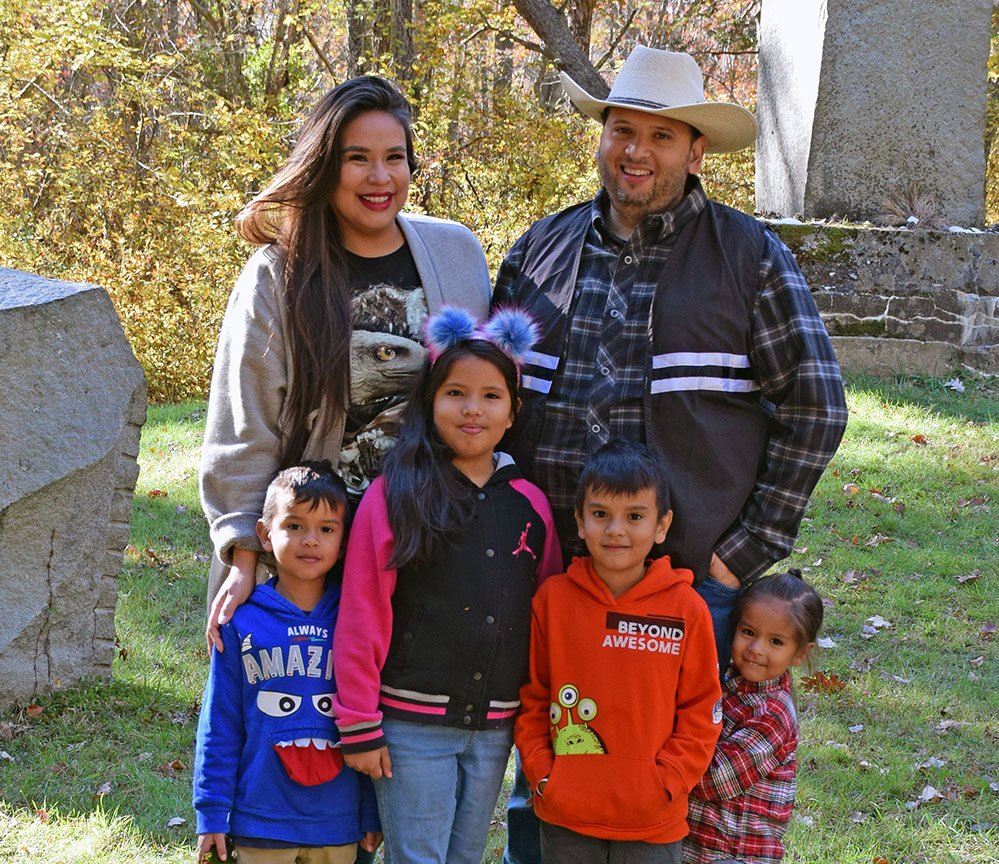
For our Native families, and I’ll speak for only my family, we are actively and intentionally healing from these experiences. [Our grandparents suffered] the disruption of our relationships to our plant and animal kin, the disruption of our traditional ways of praying. I make decisions everyday to give my children what my grandparents couldn’t have.
That’s why our boys grow out their hair long. That’s why we pierce their ears. That’s why we do things in the old way. We reclaim their bodies, we reclaim our culture. Our existence is resistance, right? That’s what we hear Native people saying all the time. And it’s true.
So that healing is happening within our families and our communities, too. We’re reclaiming those tools every time we reclaim our language, or every time we reclaim our traditional forms of kinship.
Get stories like these delivered straight to your inbox. Sign up for The 74 Newsletter

;)
